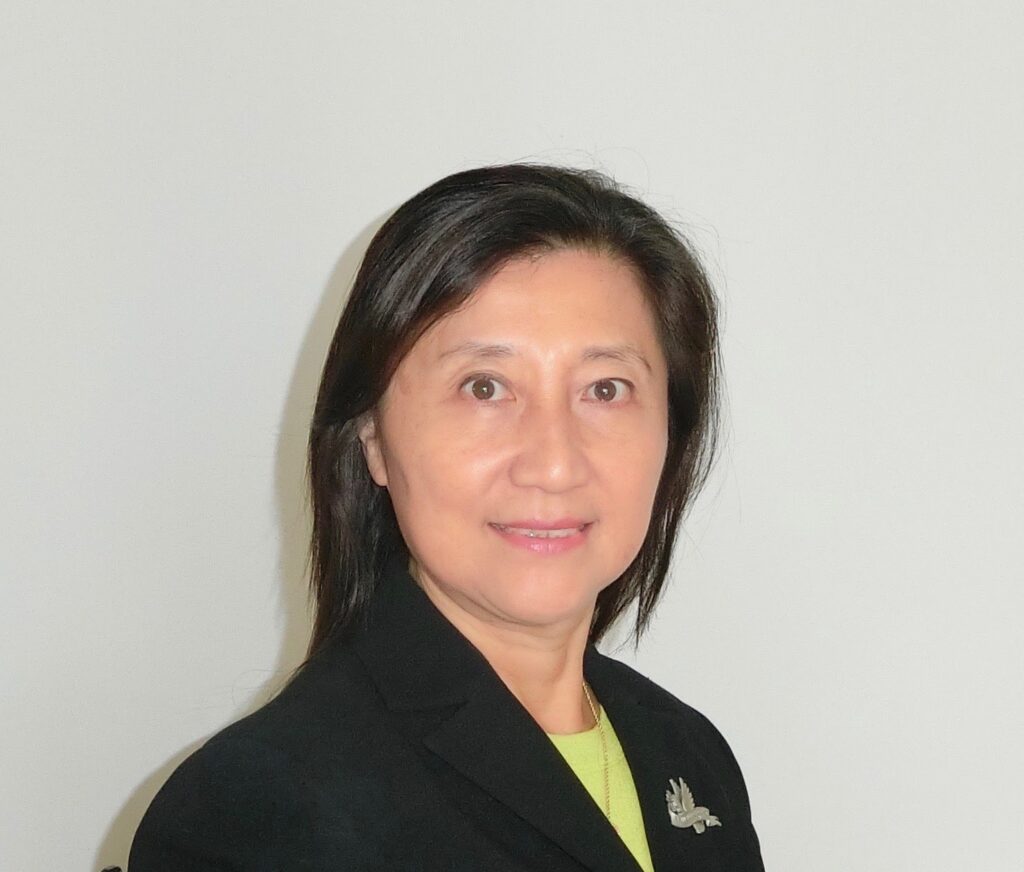“Diversity is not a goal. It is a means to achieving equity. Everyone can be successful by receiving an equitable and accessible quality education.”
Dr. Yilin Sun commends the progress TESOL has made in the years since its inception in 1966 and since she immigrated to Canada from China in 1985 (she is now a Chinese-Canadian American). She felt the lack of equity, not only being an immigrant, but through her work in higher education and training teachers as an English Language Specialist and Fulbright Scholar. She realized her immigrant status sensitized her to the issues her students have surrounding diversity, equity, and inclusion. “Diversity is not a goal,” Sun said. “It is a means to achieving equity. Everyone can be successful by receiving an equitable and accessible quality education.”
The primary goal should be to “bridge the gap between language, culture, and students’ life experience,” Sun explained, pointing out that when these areas are not supported, this can severely limit the progress of English learners. A book that has influenced Sun is Zaretta Hammond’s Culturally Responsive Teaching and the Brain: Promoting Authentic Engagement and Rigor among Culturally and Linguistically Diverse Students. With a focus on how cognition intersects with cultural knowledge, it explores how students view their cultural identities and make meaning of the world. And, Sun argues, this can inform our teaching, which should be forward thinking.
“How do the skills and knowledge [they learn today] relate to students’ needs five years from now?” Sun asked. “If you integrate and focus on this concept, they will relate better to the learning and be more motivated and engaged. Student retention and success rates are higher.” Sun said she has adopted the 2015 TESOL Conference theme of “Crossing Borders and Building Bridges” as her guiding principle. “I want to step out of my comfort zone to learn from others, to bring people together, and to help more teachers and people make the ESL field more of a community. The goal is to help our students learn not only English,” said Sun. “They need to have a social conscience. They need to become critical thinkers and constructive social change agents.” Sun felt honored to be a tireless advocate and to dedicate her professional career to the calling of Crossing Borders and Building Bridges. She wants to embrace a culture of inclusion in the ELT field, address equity, access, and achievement gaps in education, and to empower learners and TESOL professionals to build a stronger TESOL community.

Dr. Yilin Sun is a tenured professor who directs Faculty Development Programs at Seattle Colleges (United States). She has served the field of TESOL for over 30 years as a classroom teacher, program leader, teacher educator, and researcher with many higher education institutions in China, Macau, Canada, and the USA. She is a former president of TESOL International Association (2014-15) and the founding president of MAAL (Macau Assn. for Applied Linguistics). Dr. Sun has extensive experience in teacher education and professional development and has served as a Specialist for the U.S. Department of State since 2009. She has authored and co authored books, book chapters, and journal articles. She is also serving as Chief Editor of the series Foreign Language Teacher Education and Development: Selected Works of Renowned TESOL Experts published by Shanghai Foreign Language Education Press. Over the years, Dr. Sun has given numerous keynote/plenary and featured presentations at international professional conferences.
